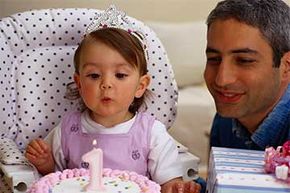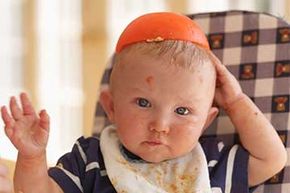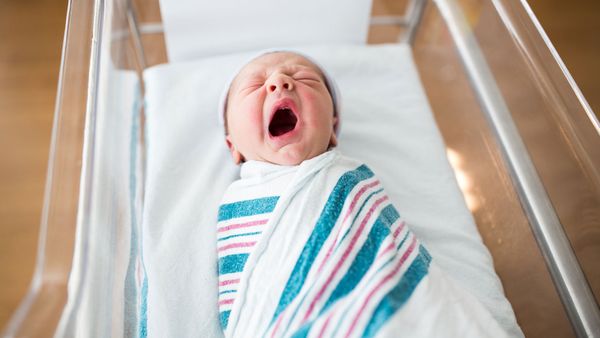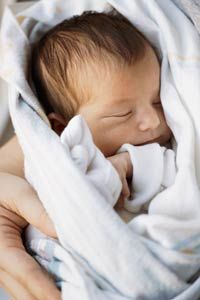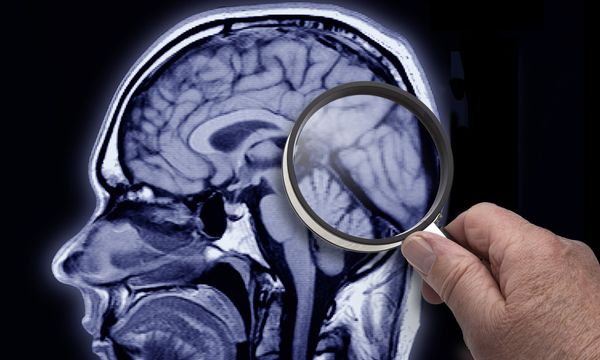You gaze at the cheerful crowd gathered around you, take a curious look at the chocolate cake set before you and then, just as the everyone starts singing "Happy Birthday," you do what comes naturally: smash the cake with both hands.
This scenario would be weird, except for the fact that you're sitting in a highchair. Which would be even weirder, except that you're turning 1.
Advertisement
Chances are you don't remember your first or second birthday party -- or a host of other events that occurred in early childhood -- and you're not alone. It's normal to forget your earliest life experiences, despite their crucial and influential nature.
Most adults can't recall life's earliest moments unless the events are reinforced by others who often retell them, or the memories are triggered by photographs or other cues.
It's a phenomenon scientists call childhood amnesia. While you may have been able to recall and describe your second birthday party in great detail for months after it happened, a year later those memories may have faded and, eventually, are lost altogether.
Researchers point to a high turnover rate of childhood memories as one possible culprit, believing that a raft of new experiences simply means some early memories are forced to fall by the wayside.
Up until age 3, children in one study could recall significant events that happened to them within the last year. The high rate of recall continued until age 7, with the study's participants remembering up to 72 percent of the same events they'd recalled as 3-year-olds. By age 8 or 9, however, most could recollect only 35 percent of the life experiences they'd so vividly described at 3 [source: Gray].
The change, concluded researchers, comes from the way memories are formed as children age. Beginning at 7, children store increasingly linear memories that fit succinctly into a sense of time and space. The very act of remembering events and categorizing them within this personal timeline may cause retrieval induced forgetting, a process that causes older children and adults to prune life's earliest memories as they recall specific details about other events [source: Gray].
Advertisement
